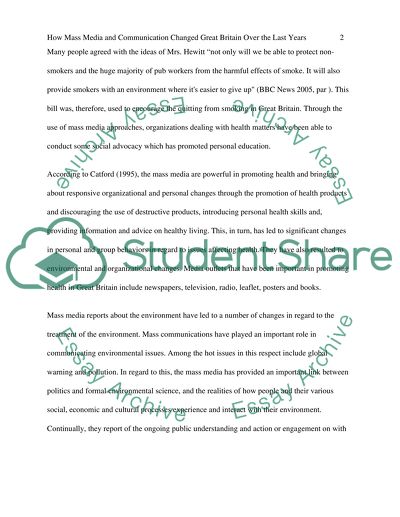Cite this document
(“How Mass Media and Communication Changed Great Britain Over the Last Essay”, n.d.)
How Mass Media and Communication Changed Great Britain Over the Last Essay. Retrieved from https://studentshare.org/journalism-communication/1449394-how-mass-media-and-communication-changed-great
How Mass Media and Communication Changed Great Britain Over the Last Essay. Retrieved from https://studentshare.org/journalism-communication/1449394-how-mass-media-and-communication-changed-great
(How Mass Media and Communication Changed Great Britain Over the Last Essay)
How Mass Media and Communication Changed Great Britain Over the Last Essay. https://studentshare.org/journalism-communication/1449394-how-mass-media-and-communication-changed-great.
How Mass Media and Communication Changed Great Britain Over the Last Essay. https://studentshare.org/journalism-communication/1449394-how-mass-media-and-communication-changed-great.
“How Mass Media and Communication Changed Great Britain Over the Last Essay”, n.d. https://studentshare.org/journalism-communication/1449394-how-mass-media-and-communication-changed-great.


